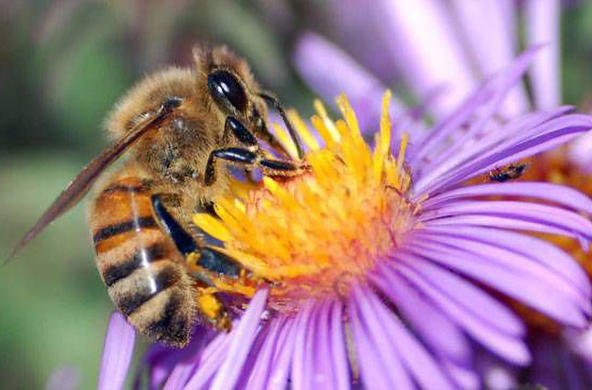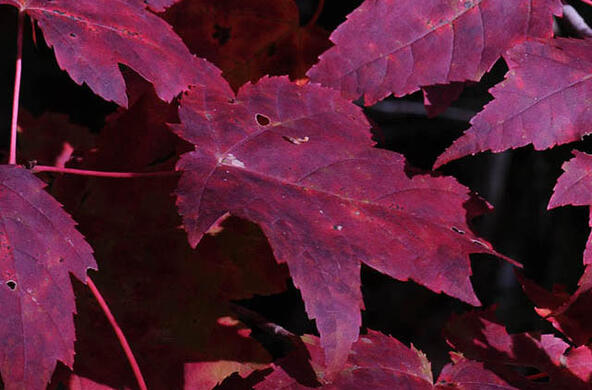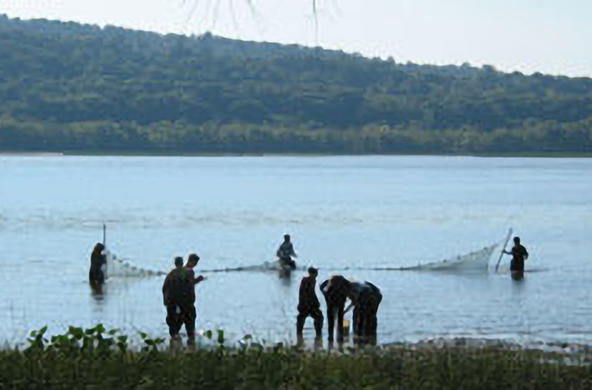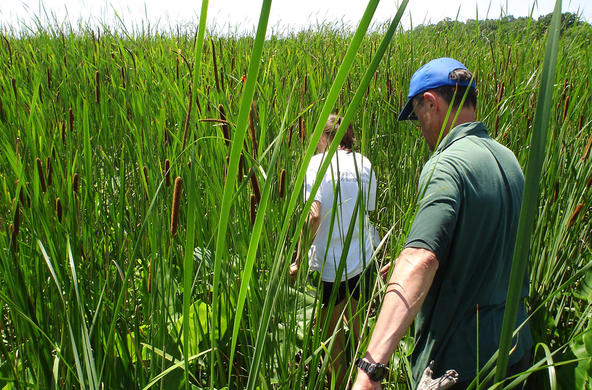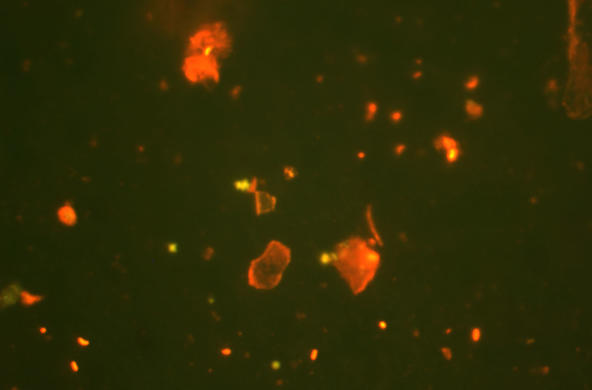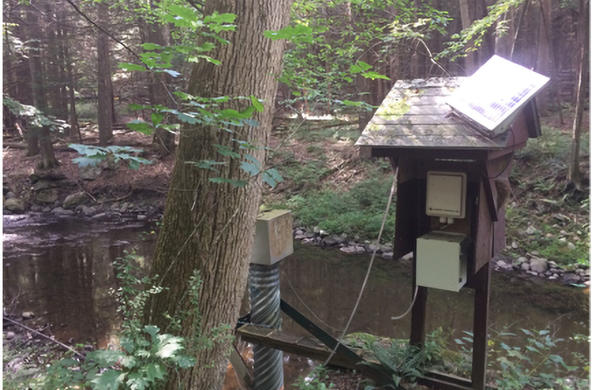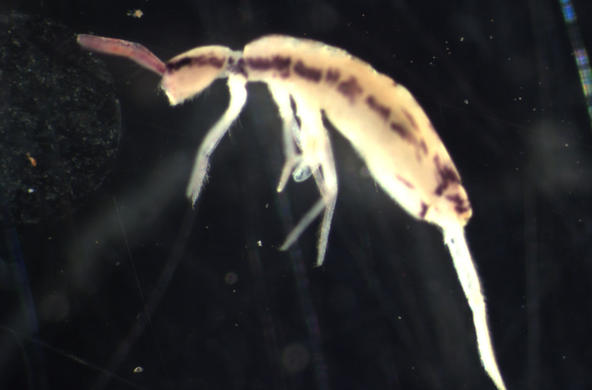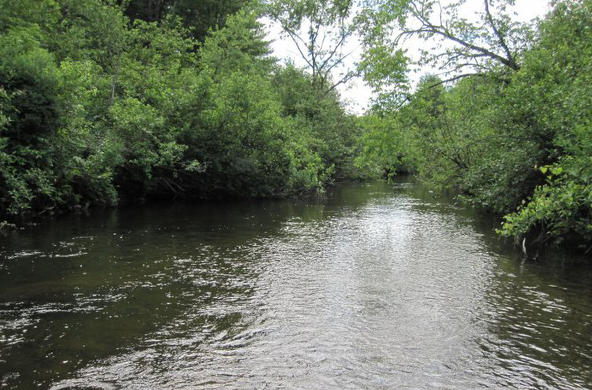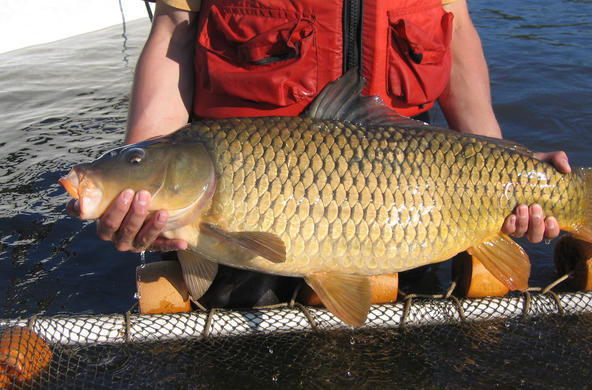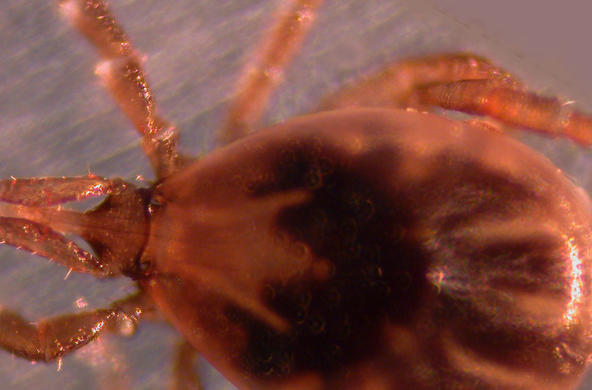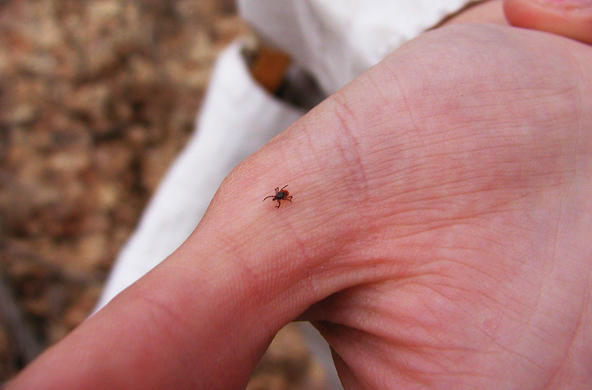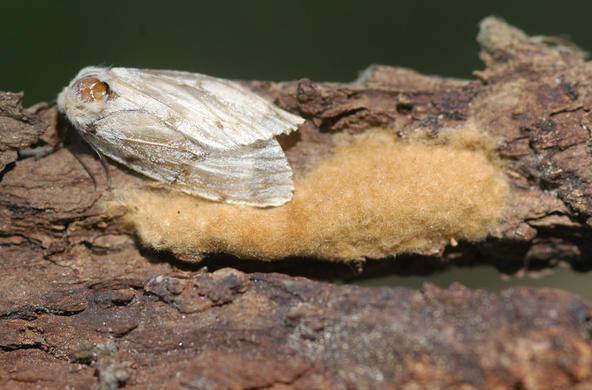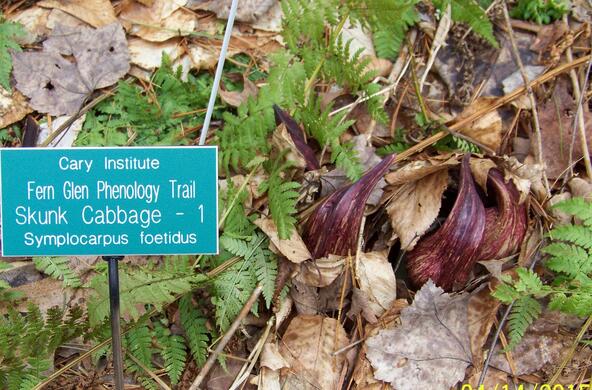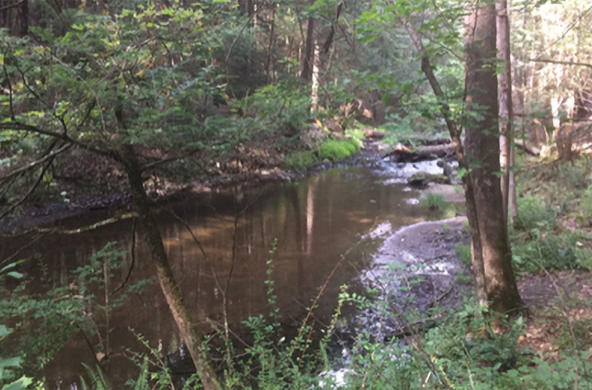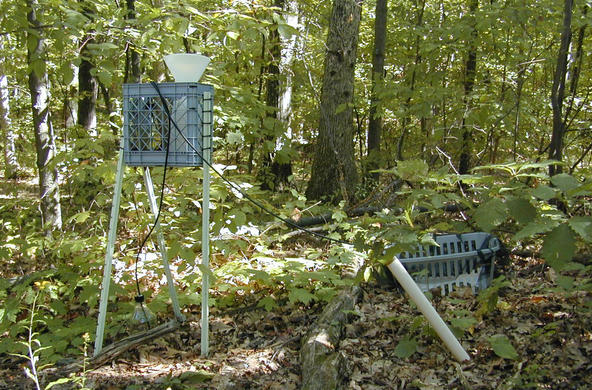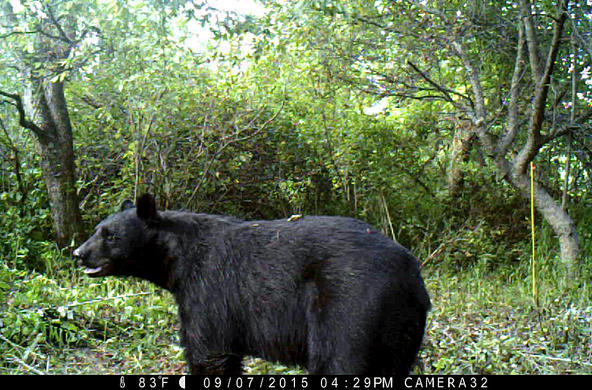Overview
Create a key to trees sampled from around the schoolyard. Use only features that are clearly visible and consistent between the different specimens you have that are from the same species. Make the key as simple (i.e., the fewest steps) and as user-friendly (i.e., the fewest new terms or hard choices) as possible. This is a fun way to gain direct familiarity with the idea of a dichotomous (branching in two parts) key. You can create keys to lots of everyday things - children in your classroom, types of silverware, seeds, toys, art supplies, tools, etc. Eventually, students can create and continue build and refine their own keys to the organisms they observe and describe in their schoolyard studies - leaves, branches, fruits, insect, etc.
Materials
At least 2 twigs from each of 2-10 different species of local trees
Procedure
- Look through the branches with your group. Decide which are from the same and which are from different species before proceeding.
- Plan as a group what features you can use to distinguish between different species. Consider: how the leaves are attached to the stem (opposite or alternate), whether leaves are simple or compound, the nature of leaf lobes, and the texture of leaf edges.
- Write the key as a series of "either-or" choices, unless it is absolutely necessary to have three choices (not ideal except as the last set of choices before identifying the individual):
- 1 - Big nose (more than 2") - go to 2.
- 1 - Small nose (less than 2") - go to 5.
- 2 - Really big nose (more than 3") - Pinocchio
- 2 - Not really big - go to 3.
- 3 - Bloodshot eyes - Sneezey
- 3 - Not bloodshot eyes - go to 4.
- 4 - Eyes blue - Santa Claus
- 4 - Eyes brown - Sleeping Beauty
- 4 - Eyes green - Dolly Parton
- 5 - .... etc.
- You have 30 minutes to write your key.
- Pick one of your samples to be the mystery species.
- Invite a stranger to identify the mystery tree using the key.





